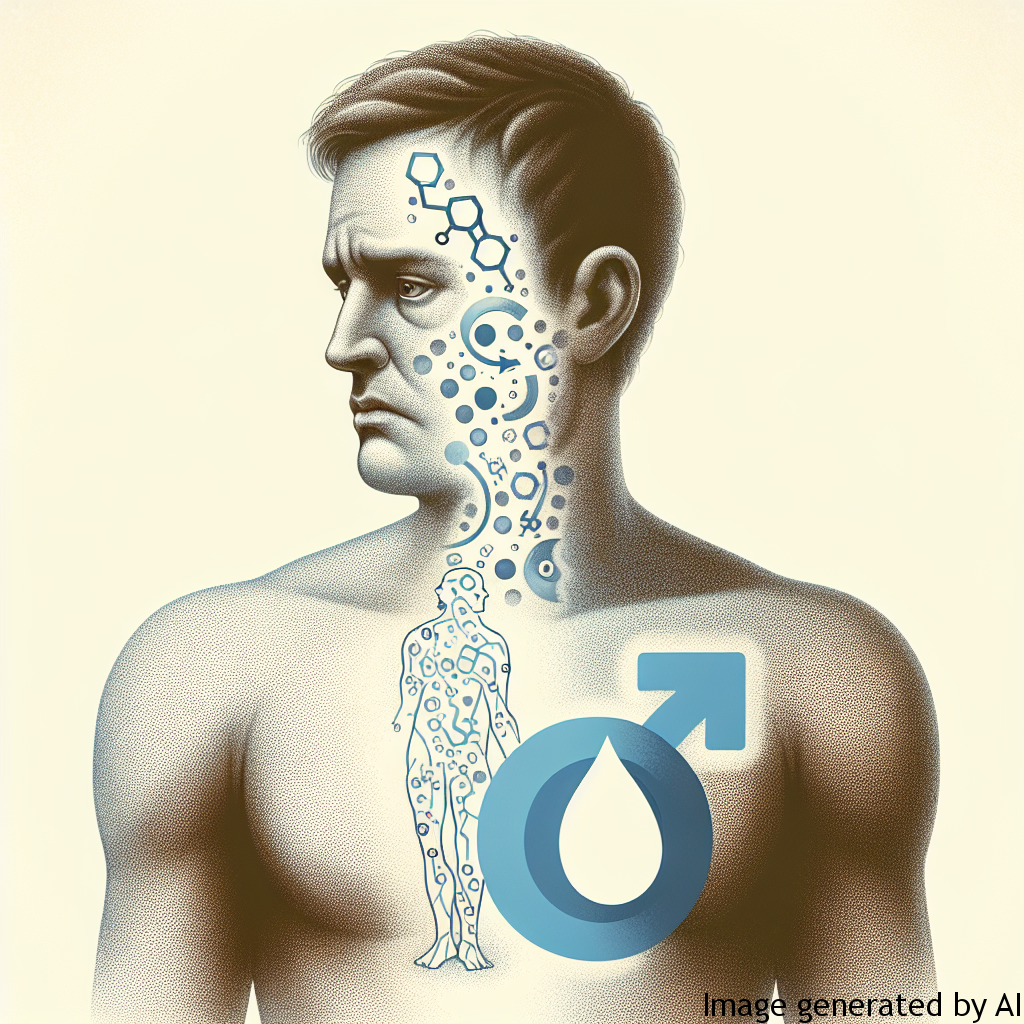Introduction
Diabetes is well-known for its wide-ranging impacts on physical health, from cardiovascular issues to kidney damage. However, a lesser-discussed aspect is its significant effect on male hormones and, consequently, psychological health. The purpose of this article is to delve into this topic and shed light on the relationship between diabetes and male hormones, gender expectations, and quality of life.
Gender Expectations and Their Impact on the Psychological Health of Men
The Role of Testosterone
Men’s primary sex hormone, testosterone, greatly influences their physical attributes, behaviors, and emotional state. However, research indicated that chronic conditions like type 2 diabetes are associated with lowered testosterone levels. This can detrimentally impact confidence, self-image, and mental health due to society’s association of masculinity with traits like strength, assertiveness, and independence, usually linked to testosterone.
Psychological Impact
Decreased testosterone levels due to diabetes can lead to diminished sex drive and erectile dysfunction, leading to anxiety, depression, and lowered self-esteem. These issues are further compounded by societal gender expectations that equate manhood with sexual prowess and ability to perform sexually. The inability to meet these expectations can have severe psychological implications for men suffering from diabetes.
Examples of How Gender Roles Can Affect Men’s Lives
In many cultures, robust health, virility, physical strength, and the ability to provide are deeply ingrained markers of masculinity. When men with diabetes experience physical ailments or reduced sexual function due to reduced testosterone levels, they often feel ‘less than’ or deficient. The psychological and emotional toll it can take, affecting relationships, mental well-being, and overall quality of life, is profound and underrepresented in mainstream discussions on men’s health.
Tips for Improving Psychological Health Given Gender Roles
Providing men with a comprehensive and compassionate understanding of how diabetes impacts their hormonal and mental health is essential for combatting negative mental health outcomes. Regular medical check-ups to monitor testosterone levels and adjusting treatment plans accordingly is a proactive approach. Mental health support through counselling or therapy can also be beneficial. Another effective approach is working towards societal change, emphasizing breaking down harmful gender stereotypes and encouraging open, stigma-free dialogues about men’s health issues.
Conclusion
Diabetes affects more than just physical health – it can have a significant impact on the hormonal balance in men, which subsequently influences their psychological well-being. Addressing this issue requires a multi-faceted approach that includes individual treatment plans and societal change. Only by acknowledging the profound effects of diabetes on male hormones can we begin to improve the lives of men living with this chronic condition.

